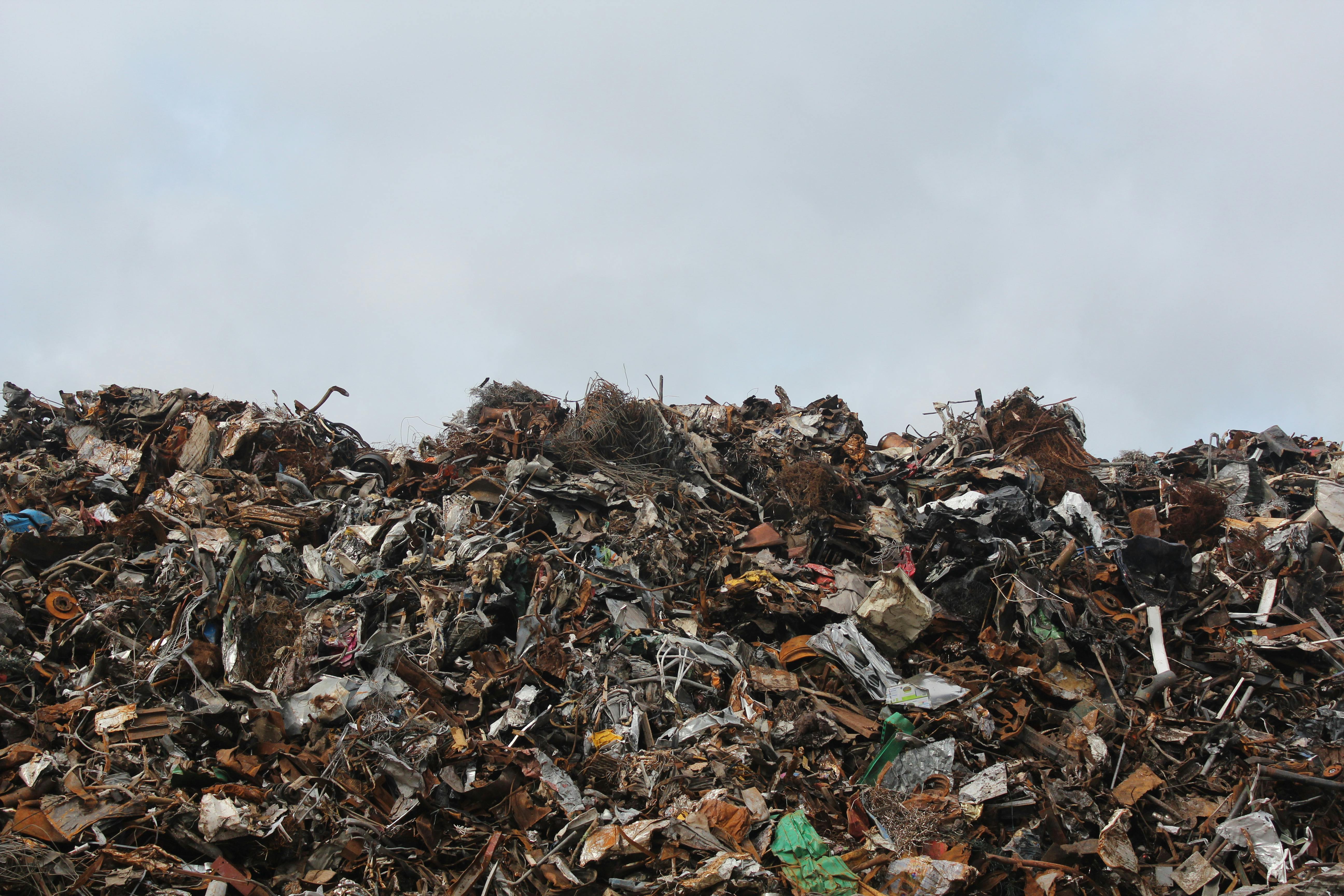Overview of Waste Management Positions in Japan
Waste management includes a variety of positions involved in collecting, processing, and safely disposing of waste materials. Roles can range from operational workers handling collection and recycling to administrative staff coordinating logistics and compliance. This guide examines the different types of waste management positions in Japan, the skills commonly required, and the responsibilities associated with each role.

What types of roles exist in waste management in Japan?
Japan’s waste management sector encompasses numerous specialized positions across both public and private sectors. Collection and transportation workers form the backbone of the industry, operating garbage trucks and managing the initial waste collection process from households and businesses. These frontline workers ensure waste is properly gathered according to Japan’s strict sorting regulations.
Technical specialists maintain and operate waste processing equipment at treatment facilities, including incinerators, recycling plants, and composting facilities. Many of these professionals have engineering backgrounds and specialized knowledge of waste treatment technologies commonly used in Japan.
Administrative positions include waste management coordinators, environmental compliance officers, and system planners who develop and implement waste reduction strategies at municipal levels. Japan also employs environmental educators who conduct community outreach programs to teach proper waste segregation and reduction techniques.
Research and development roles focus on creating innovative waste treatment solutions, particularly important in a country with limited landfill capacity. These positions typically require advanced education in environmental engineering, chemistry, or related fields.
What skills are commonly needed in waste management jobs?
Technical competence forms the foundation for most waste management positions in Japan. Depending on the specific role, this might include mechanical aptitude for equipment operation, understanding of chemical processes for treatment specialists, or knowledge of environmental regulations for compliance officers.
Language proficiency is increasingly important, with Japanese fluency essential for most positions. However, as the industry internationalizes, English proficiency is becoming valuable, especially in research, technology development, and international cooperation roles.
Attention to detail and procedural compliance are particularly crucial in Japan’s waste management system, which relies on precise sorting and processing protocols. Workers must be able to follow exact procedures and identify improper waste disposal or contamination issues.
Physical stamina remains necessary for collection and plant operation roles that involve lifting, equipment handling, and sometimes exposure to various environmental conditions. Meanwhile, technological literacy is growing in importance as the industry adopts digital monitoring systems, automated sorting technologies, and computerized tracking of waste streams.
Safety awareness and certification in handling hazardous materials are prerequisites for many positions, especially those dealing with industrial, medical, or contaminated waste. Japan maintains strict standards for worker safety and environmental protection.
What responsibilities do waste management workers typically have?
Collection personnel are responsible for gathering properly sorted waste according to strict schedules and routes. In Japan’s detailed waste segregation system, these workers often verify that citizens have followed sorting guidelines before collection.
Processing facility operators oversee waste treatment operations, including incineration, composting, recycling sorting, and other treatment methods. They monitor equipment function, maintain quality control, and ensure environmental standards compliance.
Environmental compliance officers conduct inspections, verify documentation, and ensure waste management practices adhere to Japan’s comprehensive environmental regulations. They may assess facilities, review waste tracking records, and recommend corrective actions when necessary.
Public education specialists develop and implement community outreach programs that teach proper waste reduction, reuse, and recycling practices. These initiatives are critical to maintaining Japan’s high participation rates in waste sorting programs.
Research and development professionals work on creating more efficient waste processing technologies, exploring new recycling methods, and developing sustainable waste management solutions. Their work is particularly vital as Japan continues to face waste disposal challenges with limited land availability.
Management personnel coordinate operations across waste management systems, oversee budgets, manage personnel, and develop strategic plans for waste reduction and processing. They often serve as liaisons between government agencies, private companies, and the public.
How are waste management careers structured in Japan?
The career pathway in Japanese waste management typically begins with entry-level positions that require minimal specialized education, such as collection workers or sorting facility staff. With experience and additional training, advancement to operational supervision roles becomes possible.
Mid-level positions often require technical certification or specialized education in environmental management, engineering, or related fields. These include facility supervisors, environmental compliance specialists, and technical operators.
Senior positions usually demand extensive experience combined with advanced education, particularly for management roles overseeing entire municipal waste systems or large-scale private waste management companies. Many top-level professionals hold degrees in environmental engineering, public administration, or business management.
Professional development is strongly emphasized within the industry, with continuing education programs offering specialization in areas like hazardous waste management, recycling technology, or environmental compliance. These programs help workers advance through career paths while keeping pace with evolving technology and regulations.
Government positions often follow structured civil service advancement tracks, while private sector roles may offer faster advancement but with less job security. Both sectors increasingly value international experience as Japan exchanges waste management expertise with other countries.
What is the future outlook for waste management careers in Japan?
Technological innovation is creating new positions focused on automation, data analytics, and AI applications in waste sorting and processing. As Japan continues to lead in waste management technology, specialists in these areas will likely see growing demand.
Aging infrastructure renewal presents opportunities for professionals specializing in modernizing waste treatment facilities, particularly as older incinerators and processing plants require updating to meet contemporary environmental standards.
Circular economy initiatives are expanding career paths related to product lifecycle management, extended producer responsibility programs, and zero-waste systems. These emerging areas require interdisciplinary knowledge spanning product design, materials science, and waste processing.
An aging workforce is creating succession challenges but also opportunities for younger professionals to enter the field with fresh perspectives and technological expertise. The industry is actively recruiting to replace retiring workers across all levels.
International collaboration is opening roles for those with language skills and cross-cultural competence as Japan shares its waste management expertise globally while also learning from other countries’ sustainable practices.




